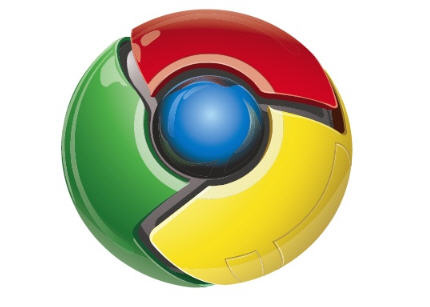I have something of a unique perspective on ChromeOS. See, one day in December 2010, I came home to find a mystery package on my doorstep from Google. It turned out the “Sure, I’d like to beta test a Chromebook” form I’d filled out netted me a CR-48, one of the original beta Chromebooks. So I’ve seen the operating system mature from a simple web browser to a capable operating system over the last few years, and I have to say, it’s impressed me immensely with its stability and flexibility. It doesn’t surprise me at all that Acer is seeing Chromebooks gain traction, as they are affordable, simple to learn, but also powerful.
On the other hand, I’ve spent some time over the last month with an Ultrabook running Windows 8. Now, I’ve used Windows since I was 12 years old. I had a Windows 98 computer in college, a Windows 7 netbook, and I use Windows 7 Professional at work. After five minutes (maybe less!) with Windows 8, I was so perplexed I was Googling like mad for tips. The Metro interface is confusing as heck, and that right side settings slideout seems to always appear when I don’t need it. Not to mention how wildly inconsistently apps appear as Metro style or traditional windows. It’s an honestly disconcerting experience. I shouldn’t have to have a “read the f–ing manual” experience with an operating system I’ve been using for 19 years!
Contrast that with ChromeOS. If you know how to use the Chrome browser, congratulations, you know how to use ChromeOS. There are tradeoffs for sure; you don’t have native apps with the same power as Windows, and you have to be willing to trust Google. However, if you’re looking for a simple computer to do web browsing, office document creation, and light photo editing, you don’t need the hefty power of Windows. And as Chrome adds more offline capabilities and as computer makers give it more power, the apps available will only improve even further. Google has done a lot to smooth out the rough edges as well. When ChromeOS first appeared, it had no file system to speak of, and over time the file system has become accessible and easier to use. Offline apps have become more common. It went from a “trapped in the web browser” feel to having a desktop interface. And prices on Chromebooks are rock bottom, making them a very attractive deal.
I am not sure what Microsoft intended to create with Windows 8, but what they’ve designed is a monster. With a powerful, fast computer like an Ultrabook, it’s easier to look past Windows 8’s shortcomings; on anything less than premium hardware, I can’t imagine Windows 8 being a positive experience. Whether through dumb luck or a hunch that Windows 8 would be funky, Google timed ChromeOS’s maturity well, and that bet is paying off in spades. The real question is whether this is a momentary spike, or the sign of future momentum…and now that HP has jumped on the Chromebook wagon, my money is on continued interest and public awareness. Microsoft better watch out, and maybe rush Windows 9 out quickly to wash away Windows 8 before ChromeOS does it for them!
Have you used Windows 8 and liked it? Hated it? How about ChromeOS? Let us know in the comments!
